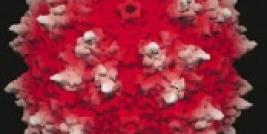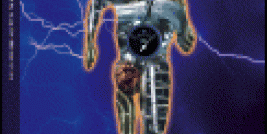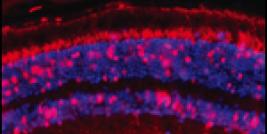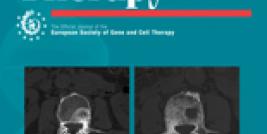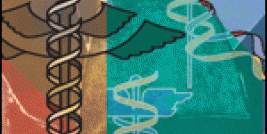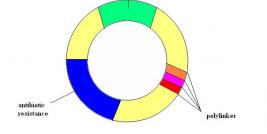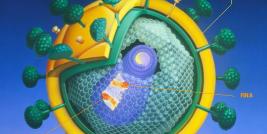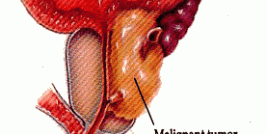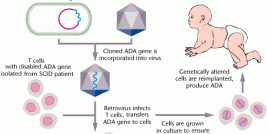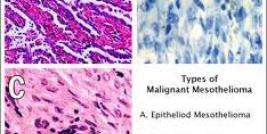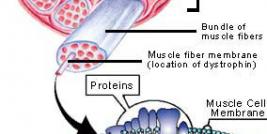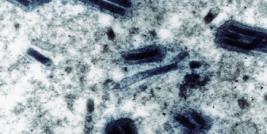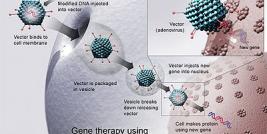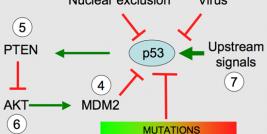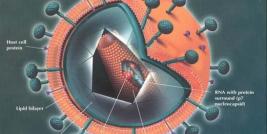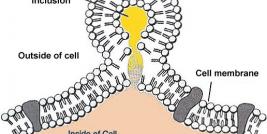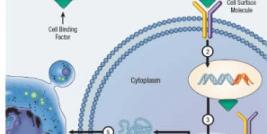San Diego, CA - November 26, 2008 – Ceregene, Inc., a biopharmaceutical company, today reported clinical data from a double-blind, controlled Phase 2 trial of CERE-120 in 58 patients with advanced Parkinson’s disease. The trial did not demonstrate an appreciable difference between patients treated with CERE-120 versus those in the control group. Both groups showed an approximate 7 point improvement in the protocol-defined primary endpoint (Unified Parkinson’s Disease Rating Scale- motor off score at 12 months), relative to a mean at baseline of approximately 39 points. Both groups had a substantial number of patients who demonstrated a meaningful clinical improvement from baseline. CERE-120 appeared to be safe and well tolerated.
“On behalf of everyone at Ceregene, I would like to personally express my gratitude to all the patients, physicians and staff who participated in this study. We share their disappointment. We also offer our heartfelt appreciation to the many talented and dedicated employees at Ceregene who continue to work extremely hard on this and Ceregene’s other programs,” stated Jeffrey M. Ostrove, Ph.D., president and chief executive officer of Ceregene. “We continue to believe in the multiple opportunities in our pipeline that target a range of serious neurodegenerative and ocular diseases.”
“The medical research community has for several decades attempted to use the unique healing properties of neurotrophic factors to treat serious neurodegenerative diseases, and Ceregene’s use of gene therapy as an essential enabling technology to translate this idea into an effective human therapeutic has consistently generated strong empirical support,” stated Raymond T. Bartus, Ph.D., Ceregene’s executive vice president and chief scientific officer. “Thus, we are stunned by the results of this trial and will continue to analyze the data in order to gain greater insight into the factors that may have contributed to this negative outcome, not only to build upon this insight for our Parkinson’s program, but also to help assure continued successful development of our product candidates for other diseases.”
About Phase 2 Trial of CERE-120
Ceregene’s Phase 2 trial was a double-blind, controlled clinical trial that completed enrollment of 58 patients with advanced Parkinson’s disease in November 2007. This study was launched after successful execution of an extensive nonclinical program and preliminary evidence of safety and efficacy in advanced Parkinson’s patients via an open-label Phase 1 trial in 12 patients. Patients in the Phase 2 trial were enrolled across nine leading academic medical centers in the United States, with two thirds of patients receiving CERE-120 and one third enrolled into a control group. Patients received a single administration of CERE-120 via stereotactic neurosurgery to deliver the drug into the putamen region of the brain and were followed for 12 months for safety and efficacy.
About CERE-120
CERE-120 is composed of an adeno-associated virus (AAV) vector carrying the gene for neurturin (NTN), a naturally occurring protein known to repair damaged and dying dopamine-secreting neurons, keeping them alive and restoring normal function. NTN is a member of the same protein family as glial cell-derived neurotrophic factor (GDNF). The two molecules have similar pharmacological properties, and both have been shown to benefit the midbrain dopamine neurons that degenerate in Parkinson’s disease and are responsible for the major motor impairments. CERE-120 is delivered by stereotactic injection to the affected area of the brain, providing stable, long-lasting expression of NTN in a highly targeted fashion. Genzyme Corporation (Nasdaq: GENZ) has licensed the ex-North American rights for the development and commercialization of CERE-120 from Ceregene, an agreement that was announced in June 2007. Ceregene gratefully acknowledges the financial support received from the Michael J. Fox Foundation for Parkinson’s Research to help defray some of the costs of the CERE-120 Phase 1 and Phase 2 clinical trials.
About Parkinson’s Disease
Parkinson's disease is a progressive movement disorder that affects a million people in the United States. Its main symptoms are caused by a reduction in dopamine containing nerve cells of the midbrain. Dopamine is a neurotransmitter involved in controlling movement and coordination, so Parkinson’s patients exhibit a progressive inability to initiate and control physical movements. There is currently no cure for Parkinson’s disease.
About Ceregene
Ceregene, Inc. is a San Diego-based biotechnology company focused on the delivery of nervous system growth factors for the treatment of neurodegenerative disorders using gene delivery. Ceregene’s clinical programs include CERE-110, an AAV2 based vector expressing nerve growth factor that is about to enter a Phase 2 study for the treatment of Alzheimer’s disease, and CERE-120 (AAV2-Neurturin). CERE-135 and CERE-140 are in preclinical development for ALS (Lou Gehrig’s disease) and ocular disorders, respectively. Ceregene was launched in January 2001. The company’s investors include Alta Partners, MPM Capital, Investor Growth Capital and Cell Genesys, Inc. (Nasdaq: CEGE) as well as Hamilton BioVentures and California Technology Partners.

